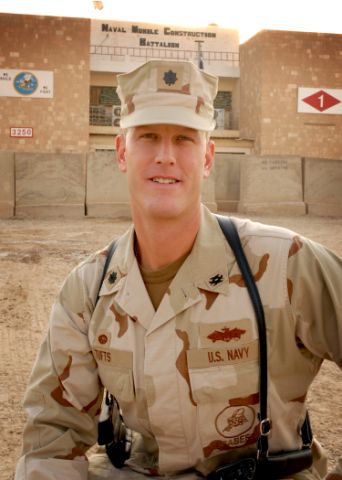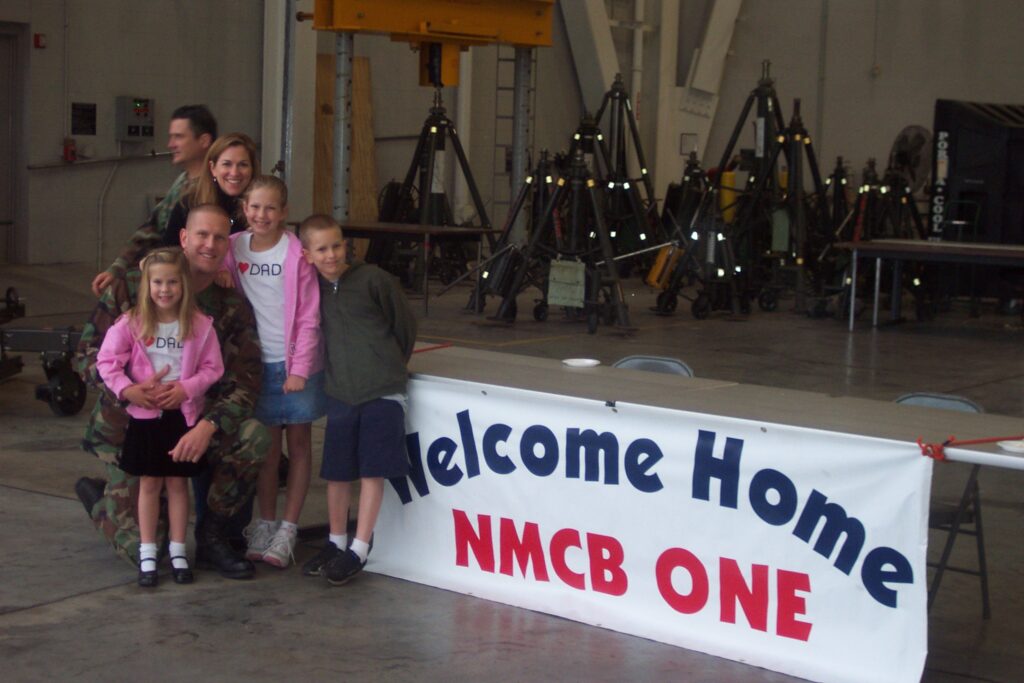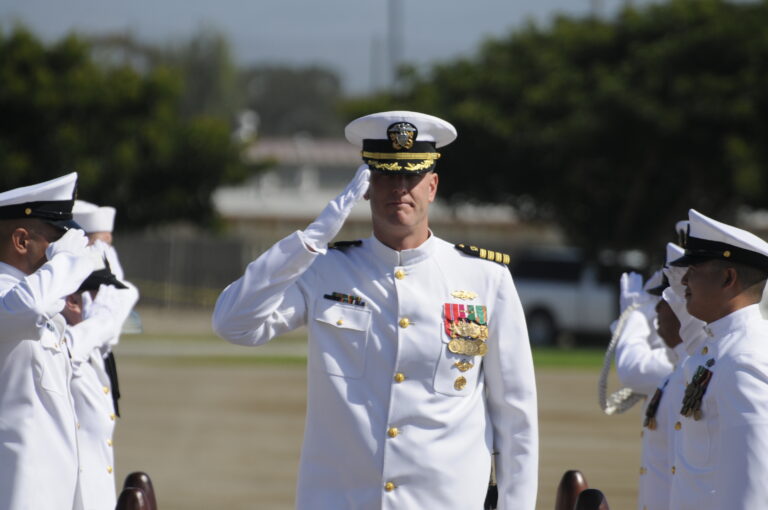In the military, service is part of the job—and not just for one’s own country. Those who have joined the United States Armed Forces dedicate themselves to service throughout the world, and are often thought of as the front lines of the U.S.
That’s true for Dean Tufts as well, who retired from the U.S. Navy’s Civil Engineer Corps (Seabees) in 2019 after 30 years. Now, he’s applying his unique perspectives at Case Western Reserve as vice president for campus planning and facilities management, a role he assumed this past August.

As the university community and people around the country honor Veterans Day today, Nov. 11, The Daily sat down with Tufts to learn about his three decades in the service. Tufts’ desire to serve took him all around the world as his career with the military grew, from Hawaii, California and Tennessee to Central America and Puerto Rico, where he built schoolhouses and drilled water wells for people who didn’t have fresh water.
“We’re kind of, as I like to call ourselves in the Seabees, we’re like the Peace Corps with weapons,” he said. “You look at a young Iraqi kid when you’re over there who has nothing and you’re trying to give them an environment where they can build something in their life. 99.9999% of the people I’ve met overseas really understood we were there because we cared.”
Over the course of his 15 different military assignments, Tufts served as the Navy’s facilities operations officer at both Pearl Harbor, Hawaii and Yokosuka, Japan; the Navy’s deputy director of shore readiness at the Pentagon; and the commanding officer of Naval Facilities Engineering Command Hawaii at Pearl Harbor.
A family affair

While Tufts felt a deep personal desire to lend a helping hand, that didn’t come without its challenges. As he explains it, people in the military are often asked to do things that many people wouldn’t be willing to do—and they’re pulled away from their loved ones.
In Tufts’ case, his three children and wife, Anne, were a part of the team the entire time.
“Moving 19 times, deploying four times, and the numerous years apart puts a strain on a family,” Tufts said. “It is not just the servicemember who serves. I am proud of our service, and grateful to my wife and kids for making many personal sacrifices for the greater good.”
The next step
When Tufts hit his 30-year mark in the military and was statutorily retired, or “kicked out, for lack of a better term,” he knew he wanted to continue serving people in some capacity. You could say he’s following in the footsteps of his father, who, after serving as a mechanic in the U.S. Army during the Vietnam War, ran several businesses in service to the general public, including an oil company and a lawn mowing company.
Having gained incredible experience in facility management throughout his time in the Navy, Tufts knew skills were transferable to a variety of fields—including construction firms and hospitals—but he was drawn to higher education because of its service aspect to students and university communities.
He began his new career with three years at Stony Brook University before joining Case Western Reserve, where he oversees construction, facilities, grounds and maintenance, and is focused on service bigger than himself—or any one person.
“Individually, we can’t really do much, but together, 300 people are running a campus here,” he said of his team. “That’s pretty amazing. As a team we really come together to enable all the things that happen at this university.
“It can’t be about you, it’s never about you, it’s always about the people you serve—whether they be internal or external, customers or your own employees,” he continued. “That’s what I’m here at CWRU for.”

